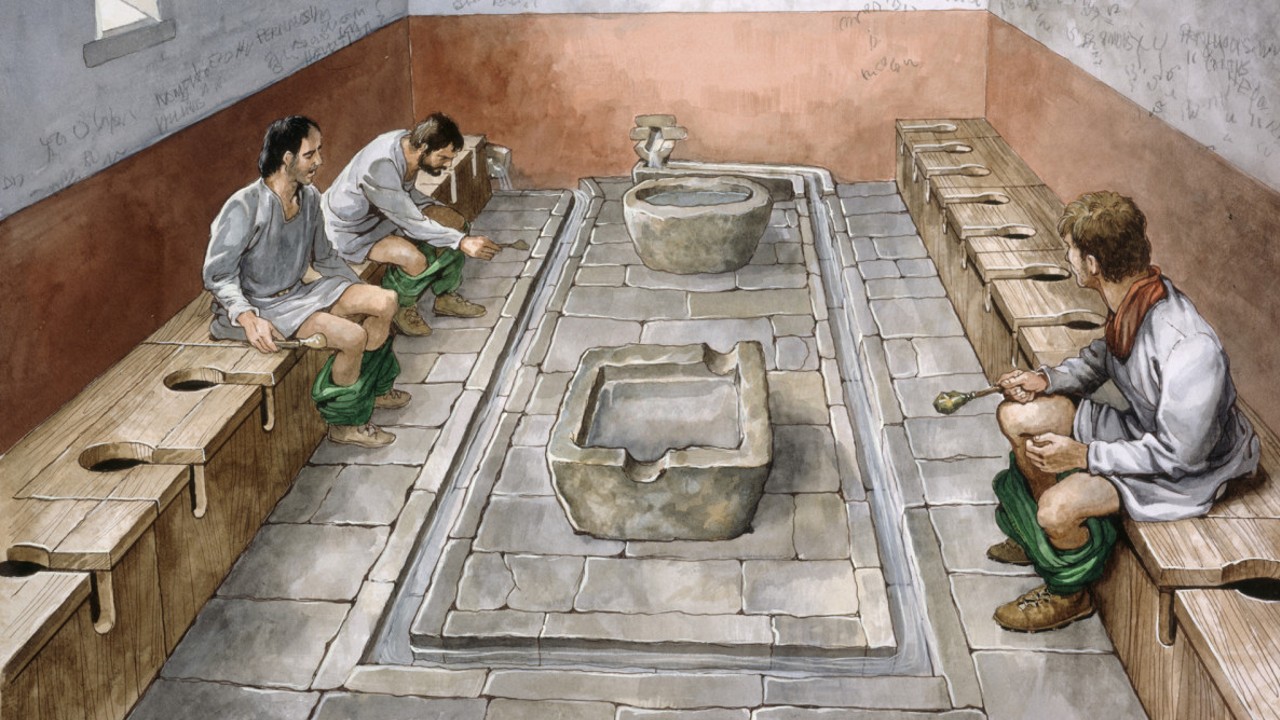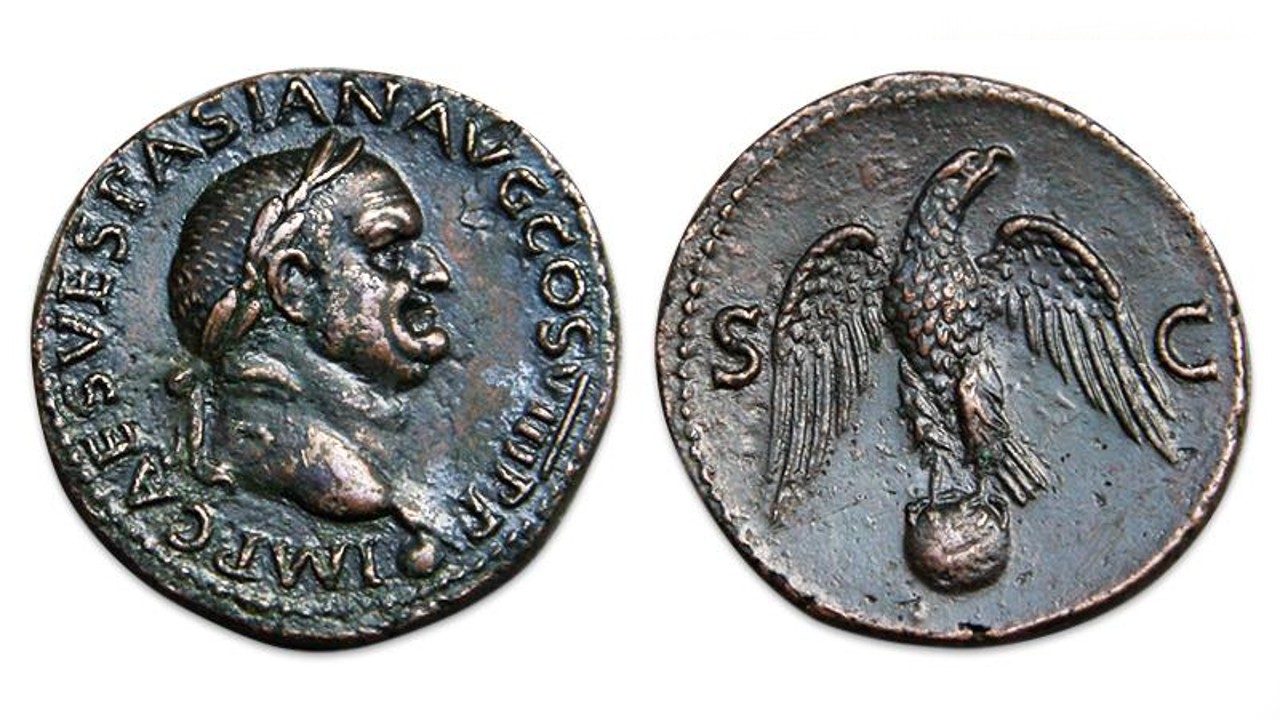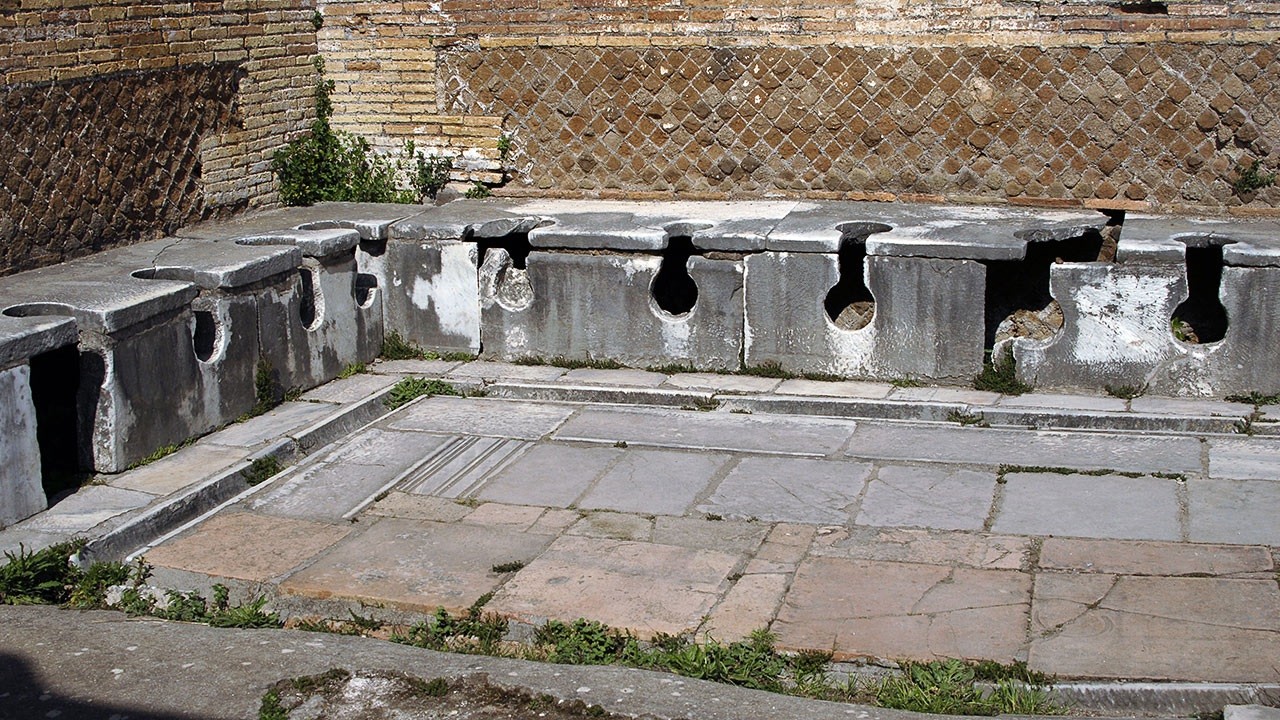When the economy is bad, some important decisions have to be made. Among these decisions, the leading ones are the new taxes. In addition, raising taxes may not be the only solution, the important thing is to use the collected tax correctly. Today, we are telling you about the “urine tax” introduced to solve the economic crisis in the Roman Empire.
perhaps one of the most important elements of a state’s survival. taxation system, It allows the people to strengthen their state by giving a certain amount of money. In return, the state makes investments for purposes such as making the people live more comfortably, protecting them better and keeping them healthier. In our country, when we say VAT and SCT, we pay taxes on many items. Even from the salaries we receive, a certain amount of tax is deducted from the state.
So, how did this taxation system, which started to bend our backs when combined with the increasing exchange rate prices, worked in the past? Today you, Roman Emperor Vespasian the famous “urine tax“ni and that which is engraved in history with this tax”money has no smell“We will tell you the word.
Emperor who imposed a tax on urine to save Rome: Verpasianus
He is generally known for his greedy glasses and scattering of coins. From the Roman Emperor Nero Then it fell into the hands of Vespasian, who came to power, in 64 AD, except for Nero. great fire in rome, such as the Great Jewish Revolt of 66 AD and conflicts in the Years of the Four Emperors 68 – 69 AD. A wreck was left that deeply affected the economy.. Vespasian, who rolled up his sleeves to collect this wreck, generally gave his focus to the repair of the country weakened by the civil war. Vespasianus, who regrouped and disciplined the army, which was extremely demoralized, organized the administration with the help of the Roman Senate. took steps to strengthen the economy.
Collecting the empire by taxing urine Strange as it may sound, given the size of the empire and the other reforms that came with it, we can say that Vespasian achieved what he wanted. In any case, the urine tax was first introduced in the reign of Nero, not in the reign of Vespasian, but was abolished afterwards. After Vespasian became emperor public toilets in Rome reintroduces the taxation system. “vectigal urinae” Vespasianus, who passed the law he named after the Senate and put it into practice, begins to collect taxes from those who take urine and feces in public toilets.

“Why would they collect urine and feces from public restrooms?” I can hear you asking. in Roman times urine and feces were collected and used in many areas such as wool production, bleaching contaminated togas, and tanning.
“Money has no smell”

Titus, son of Verpasian, He reacts to the urine tax, one of the taxes his father brought to strengthen the economy. Upon this reaction, Verpasianus, who takes a coin (money) in his hand, puts this coin close to his son’s nose and asks if it smells. After Titus said that the coin does not smell, he makes the following legendary sentence: Atqui ex lotio est. pecunia (But that money comes from urine. Money has no smell.)
RELATED NEWS
How 73-Year-Old Archimedes ‘Solo’ Defeated the Huge Roman Army 2200 Years Ago
This sentence of Verpasianus continues to appear at the entrance of public toilets in some countries even today. Verpasianus, who established an order according to this sentence, which means “the money comes, it doesn’t matter where it comes from”, 10 years of reign He rebuilt Rome’s economy. The name of Verpasian, who eliminated luxury and extravagance among the Roman nobility, is still found in public toilets today as Vespasiennes in France and as Vespasiani in Italy.

RELATED NEWS
How Roman Emperors Really Looked Revealed with Artificial Intelligence and Photoshop
In this content, Emperor Verpasianus Urine tax brought to the Roman Empire and we took a closer look at that historical word. If you want more content about such historical events, we welcome you to the comments.
